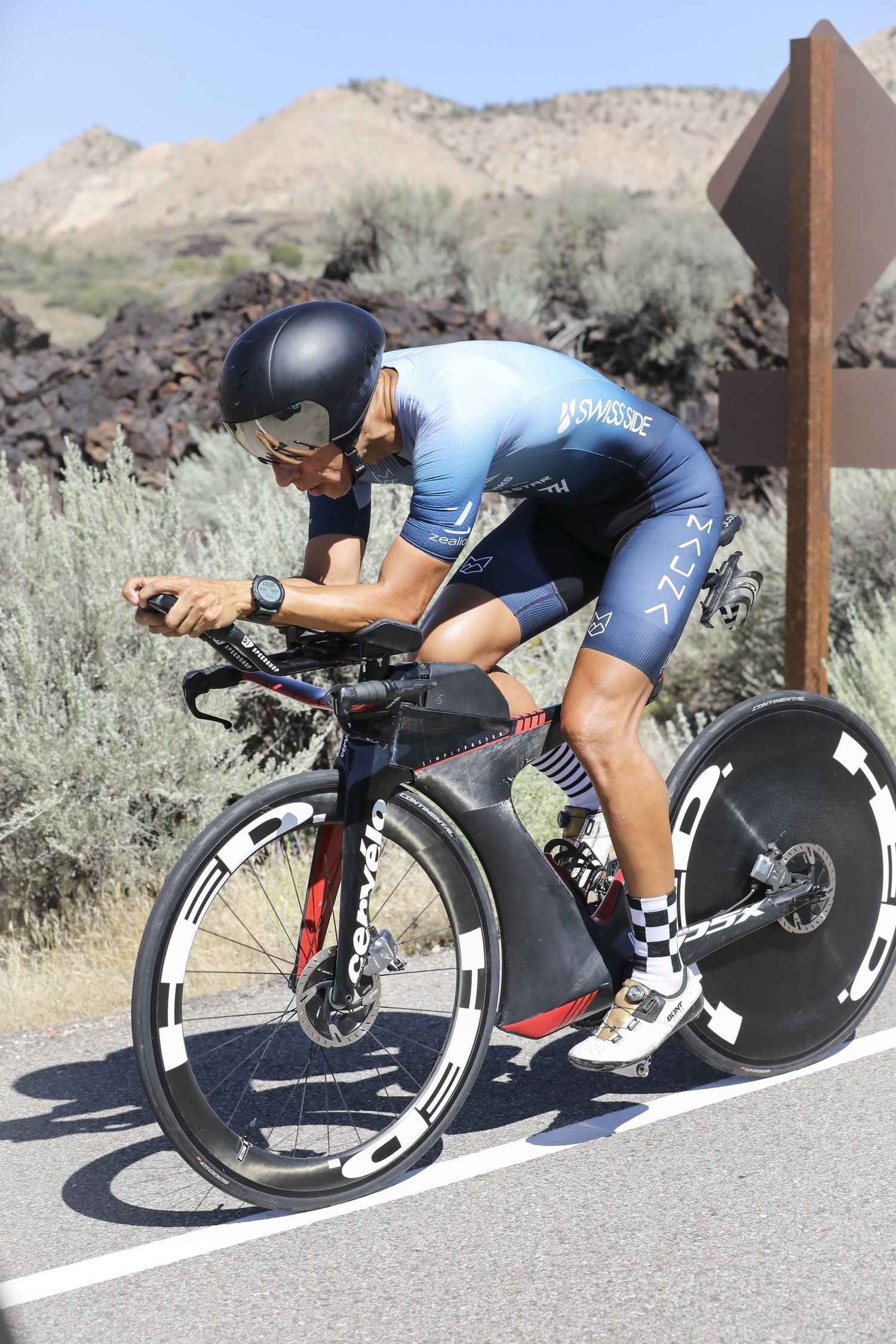Mental Toughness in Triathlon
HOW IMPORTANT IS IT FOR TRIATHLETES TO BE MENTALLY TOUGH?
Most of the time during training, the goal is to prepare our bodies for the upcoming race. This involves training plans, diets, fine-tuning our race day nutrition and hydration, etc. For this blog post, we will switch it up and cover the psychological side of training and preparation, and how becoming mentally tougher will ultimately improve our performances in triathlon.
Let’s get straight to the point. Success in endurance sports boils down to how much pain you can put your body through for an extended period of time, that simple. It is known that the best athletes in the world are not just extremely physically fit but also exhibit an above average mental strength. So what sets them apart? What are they doing that separates them from the average?
There are sayings like:
"A strong desire to achieve a goal"
"Unshakeable will to do whatever it takes"
"Refusal to quit"
"Coping with adversity and pressure"
that are commonly used to refer to elite level athletes. The good news is that these traits can be learned and practiced during training and racing.
You have probably experienced a tough training session or a race situation where you are doing your best AND you are ahead of your expectations, like when you are knowingly beating a PR. In these instances, the pain doesn’t feel that bad, right? However, if you are getting dropped or you see your performance deteriorating, the pain feels unbearable. The perceived mindset is determined by how satisfied you are with the outcome during exertion, and it may affect how much pain you can continue taking.
So, can mental toughness be improved?
Yes! Absolutely! Let’s take a look at how.
MENTAL REHEARSAL
Imagining yourself finishing strong in a race and positive self-talk should be routinely used during your training. This is something that I like to prescribe often to my athletes. Let’s use a long run as an example. In the last 10 to 15 minutes, I ask my athletes to push themselves to a race pace, while at the same time visualizing themself crossing the finish line on race day feeling strong and proud. This creates a habit of coping with pain as a positive experience. Because we usually only race a few times a year, experiencing this moment occasionally is not enough. Visualizing this moment on a regular basis develops a familiarity with it, that creates a positive reinforcement to pain, while convincing us that this moment is achievable.
STRATEGICALLY DIVIDE AND CONQUER YOUR RACE OR TOUGH WORKOUT
Another tool that can be used to improve your mental strength is to set short-term goals within a longer duration endurance event. For example, during the cycling leg of triathlon race, you can mentally divide the full distance into 4 or 5 equal segments. Instead of focusing on the overall duration, you only focus on the portion you are executing at the moment. This is why I always design workouts in a way that allow my athletes to practice this strategy over and over again. This creates memories of past situations where you had to deal with a bad day during training and you still pushed through, even if it was for just one segment. These can be easily remembered during a race and used as confidence boosters.
GOAL SETTING
Goals can be divided as life time goals, seasonal goals, event goals and workout level goals. Having a clear path of knowing what and why you are doing something keeps you focused and motivated to push through the adversities and pain. If your workout doesn’t have a purpose you are lost. If your season doesn’t have a purpose, you will not really push yourself to a new performance level. If you don't have a life-time goal in your sport, you most likely will eventually quit and never know how far you could have actually gone. Talk to your coach to establish these goals, and work towards them every day and on every workout.
BELONG TO A COMMUNITY THAT INSPIRES YOU
We humans are social beings, we are not made to be isolated. Surround yourself with people that are stronger than you. This will push your "competitive spirit" to perform better than by being alone. Belonging to a positive community where people support each other is a tremendous motivation booster, this will help you stay engaged and committed to your individual goals. For example in our Mauna Race Team, we are there for each other, constantly motivating and cheering our fellow athletes on. We have training camps, group rides, race meet ups, and a very active online community of hundreds of athletes around the world, all trying to simply be better and have fun doing so.
EMBRACE THE PAIN
Pain is unavoidable, it is part of the sport and part of life. Instead of trying to ignore it we should all embrace it. Actually, we should seek it, get familiar with it, and welcome it. Of course this doesn’t mean you train during an injury or after an accident. But, in situations where you are feeling exertion pain you should make this your goal. Many times race results will not be what we expected, but knowing that we gave it our all, that we empty our tanks, is an amazing source of satisfaction and develops mental strength. The next time you are in that situation, make sure you remind yourself that this is what you came here for, and embrace that moment because this is when you get mentally strong.


